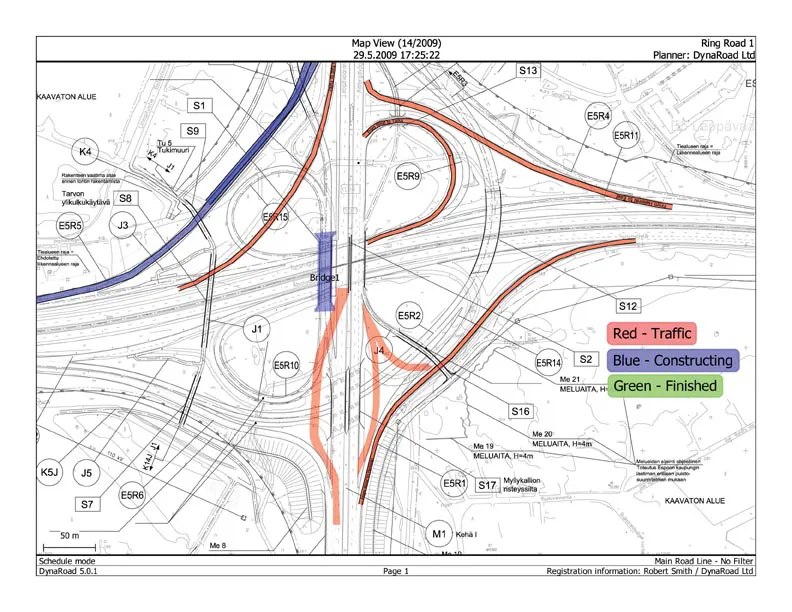
The University of Birmingham and hyperTunnel, a UK company developing underground construction methods, will cooperate to develop a faster, more efficient tunnelling method.
In particular, they will focus on new methods of underground construction, enlargement, monitoring and repair of tunnels.
A joint statement said that their new automated construction methods being developed by hyperTunnel will reduce carbon footprint by building tunnels more than 10 times faster and at half the cost of conventional methods.
At the heart of the concept is the use of robots to 3D-print the shell of the underground structure, according to a digital twin. Using this method, the construction material is deployed directly into the ground.
Initially focusing on autonomous tunnelling technologies, imaging and digital simulations, the partnership is likely to include activities such as collaborative research, technology projects, joint publications, secondments, internships and education programmes.
Key is the University of Birmingham’s National Buried Infrastructure Facility - part of the UK Collaboratorium for Research on Infrastructure and Cities. UKCRIC is designed to stimulate research activities in the fields of infrastructure and cities through close collaboration between academia, industry and government. The National Buried Infrastructure Facility is researching soil/structure interaction, digital twinning, tunnelling and quantum-technology sensing.
HyperTunnel and the University of Birmingham will also engage in joint activities at the university’s new campus in Dubai, which includes the development of a multi-million-pound Tunnelling Centre of Excellence, said Nicole Metje, professor of infrastructure monitoring at the University of Birmingham.
“Both our organisations are deeply involved in radically innovating underground infrastructure and use of underground space,” said Jeremy Hammond, hyperTunnel co-founder.
HyperTunnel says it uses a combination of proven technologies such as digital twins, robotics, 3D printing and digital underground surveying, supported by artificial intelligence and visual reality – to “redefine” what is possible in tunnel construction, enlargement, monitoring and repair.
HyperTunnel was founded in 2018 by businessmen Steve Jordan and Jeremy Hammond and employs 40 people at its Basingstoke headquarters and at its nearby outdoor learning environment and geola. The company’s patented methodologies and its range of products and technologies, many of which have patents pending, are available via licence, leasing, consultancy and project support.
The University of Birmingham’s National Buried Infrastructure Facility (NBIF) is part of UKCRIC – the UK Collaboratorium for Research on Infrastructure and Cities. It offers research, education and training in buried infrastructure-ground interaction, soil stabilisation and improvement, geophysical sensing as well as trenching and trenchless technologies.









